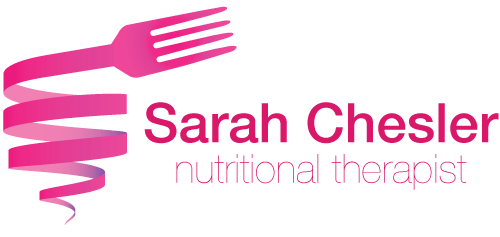Gut health has undeniably become the focus of 21st century medicine with increasing evidence supporting the fact that balanced gut bacteria (+/- 85% good: 15% bad) is one of the foundations for overall physical, mental and emotional well-being.
Moreover, evidence indicates that an imbalance of gut bacteria can be linked to specific health problems including obesity, IBS, autoimmunity, nutrient deficiencies, allergies, eczema, asthma, diabetes, heart disease, depression, memory problems, anxiety, cancer and even autism.
This is why probiotics – live good bacteria that help our digestive systems function optimally – are your best friend in terms of overall health and wellbeing.
By incorporating probiotic foods into your diet on a regular basis, you should be able to keep opportunistic bacteria in check and therefore I’d like to recommend you include some of these foods into your meals:
- Cultured dairy such as kefir, lassi, natural bio live yogurt and sour cream
- Fermented vegetables such as sauerkraut
- Kimchi (Korean spicy pickled cabbage)
- Tempeh and Natto (Indonesian and Japanese fermented soy beans)
- Swedish gravlax and mackerel
If you are not a fan of these foods, you could opt for a high quality probiotic supplement.
How do probiotics work?
Probiotics protect the inner layer of your gut from pathogens and they crowd out the numbers of harmful bacteria. They aid digestion by further breaking down difficult to digest foods, and consequently provide us with more energy and additional nutrients.
How do we know if our ratio of good-to-bad bacteria is ideal or if the bad guys are taking over?
Your body should provide all the clues, but if you’re not sure, look out for these:
- You’ve had antibiotics. If you haven’t replaced the beneficial bacteria, antibiotics may cause leaky gut and gut dysbiosis (an overgrowth of bad bacteria), which weakens the immune system.
- You keep getting sick. Approximately 80% of our immune system is located within our digestive system, making us susceptible to catching viruses if our gut bacteria are imbalanced.
- You’re experiencing digestive problems after eating. Typical symptoms of imbalanced gut bacteria include bloating, cramping, gas, constipation or diarrhea.
- You’re struggling to lose weight. An imbalance of gut bacteria can affect your insulin resistance resulting in a cluster of conditions, including excess body fat around the middle, high blood sugar, abnormal cholesterol and increased blood pressure.
- Your skin is itchy. Skin is one of our elimination organs and probiotics help with guiding the elimination of toxins through the gut.
- You crave sugar. Certain bacteria feed off sugar and bad bacteria has been linked to influencing eating habits and sugar cravings.
- You feel moody. Our guts are often referred to as our second brain as they are literally made from the same type of tissue. The greatest concentration of serotonin, which is the hormone involved in mood, is found in your intestines, and not your brain! As such, research has demonstrated that probiotics can alter brain function via your gut.
To find out more about how nutritional therapy can help you achieve your health goals, get in touch by email nutrition@sarahchesler.com or give me a call on 07860472261.







